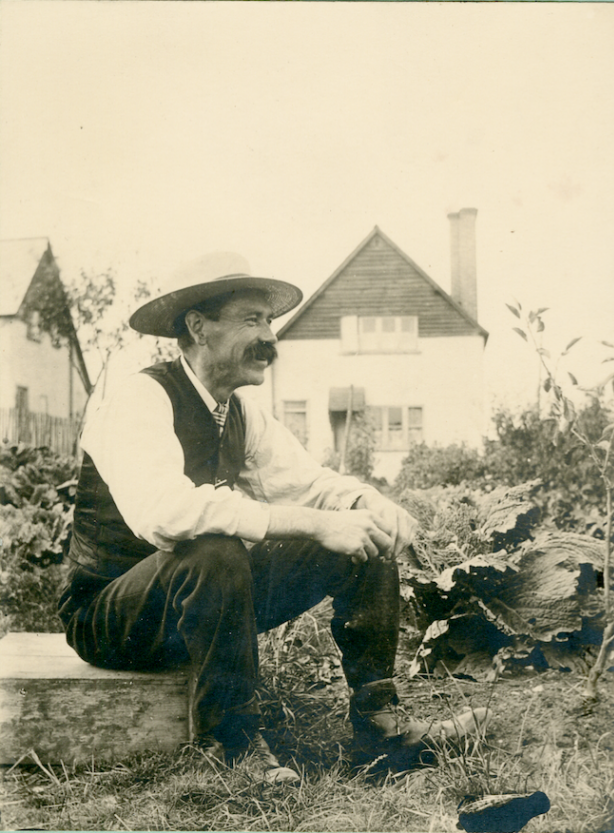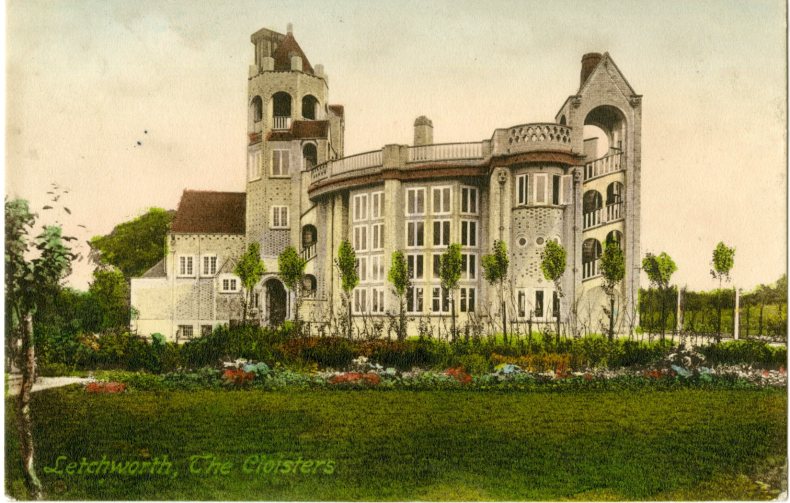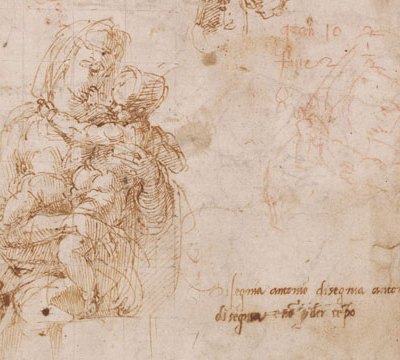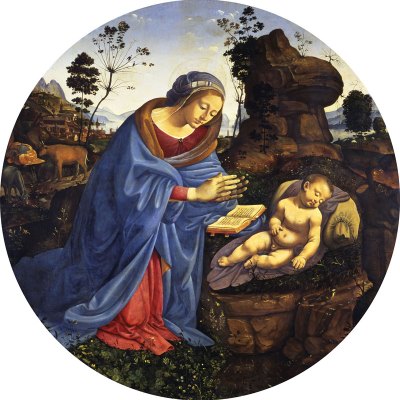Many of the people that Ebenezer Howard successfully attracted to his first Garden City in Letchworth were as original as its middle-aged founder, about whom surprisingly little is known except his day job as a stenographer for Hansard. A freewheeling visionary, Howard’s ambition was to provide an entirely new model for urban planning in the 20th century. The small exhibition at the recently opened Broadway Gallery, ‘Alternative Letchworth; Past and Present’, makes much of the exceptional characters that Howard swept along with him, their driving principles and eccentric notions playing out in the early days of the new town.
George Bates, probably sitting outside his allotment, c. 1905. Courtesy and © Garden City collection

The objects on show in this exhibition demonstrate how the early Garden City-ites drew mockery and scorn upon their own heads and rather sweetly parried this by a combination of self-knowing caricature and absolute conviction. When the townsfolk marched on May Day 1909, six years after Letchworth had been founded, the architects (as representatives of ‘those who hold University Degrees’) headed the parade, carrying models of their work much as parishioners in Italian churches (including in London) take the plaster effigies of their saints around the local streets on the relevant day. Labourers still followed professionals, though perhaps the May Day parades that continued annually into the 1960s broke down the hierarchy.
The curators of the exhibition refer to a ‘surprising commitment to socialist values’ in the early years of Letchworth. But Ebenezer Howard and his trusted architect-planners, Raymond Unwin and Barry Parker, were steeped in William Morris and his Socialist League. A new town that aimed to vest its profits within its own community was not for the speculator or the conservative. In the early days, said Ebenezer Howard, everyone took part. ‘Every adult man is said to be on three committees, and every lady on five. There are more ideas being brought into the life of Garden City than in any other six square miles of the British Empire.’
In this loose coalition of alternative views on life, it was inevitable that the Esperantists, the Alpha Unionists, the rational dressers, the vegetarians, and the theosophists (to name just a few) would be drawn like iron filings to Letchworth. In the surprisingly docile setting of loose knots of rendered cottages or within the architectural crankiness of the Cloisters, where the majority of intellectual and recreational life took place in the early days, there was a ferment of progressive thinking and living.
Postcard (c. 1907), of The Cloisters, designed by William Harrison Collishaw. Courtesy and © Garden City Collection

The First World War knocked the Garden City off course, but post-war progressive firms continued to come or, if already there, to expand. They tended to be light industrial enterprises, with skilled employees, such as printers, binders, and silk weavers. Most notably Spirella, an American corset-manufacturer, expanded its premises enormously in these years. Though the firm closed in the late 1980s, the buildings remain in excellent shape, transformed into a hive of small enterprises and workspaces and still under the aegis of the trust. Letchworth was alternative less in the physical sense than in its form of tenure. All freeholds were held in trust for the greater good of the community and even now 69 per cent of commercial property in Letchworth remains on this basis.
The exhibition purports to show the alternative nature of Letchworth today through the work of young artists in response to its history but for me it is the town itself that proves the point. With its handsome Art Deco theatre-cinema in good shape, its independent book and music store flourishing, and little sign of retail vacancy, it suggests that with a firm hand on the tiller (that of the trust, now titled the Letchworth Garden City Heritage Foundation) the attrition facing many smaller towns can be prevented. Ebenezer Howard believed that the success of his town would come from rising land and property values being reinvested for the wellbeing of its citizens. It has taken many decades for this virtuous circle to work but that is Howard’s inspirational and radical legacy.
‘Alternative Letchworth: Past and Present’ is at Broadway Gallery, Letchworth Garden City, from 3 December 2016–19 February.



